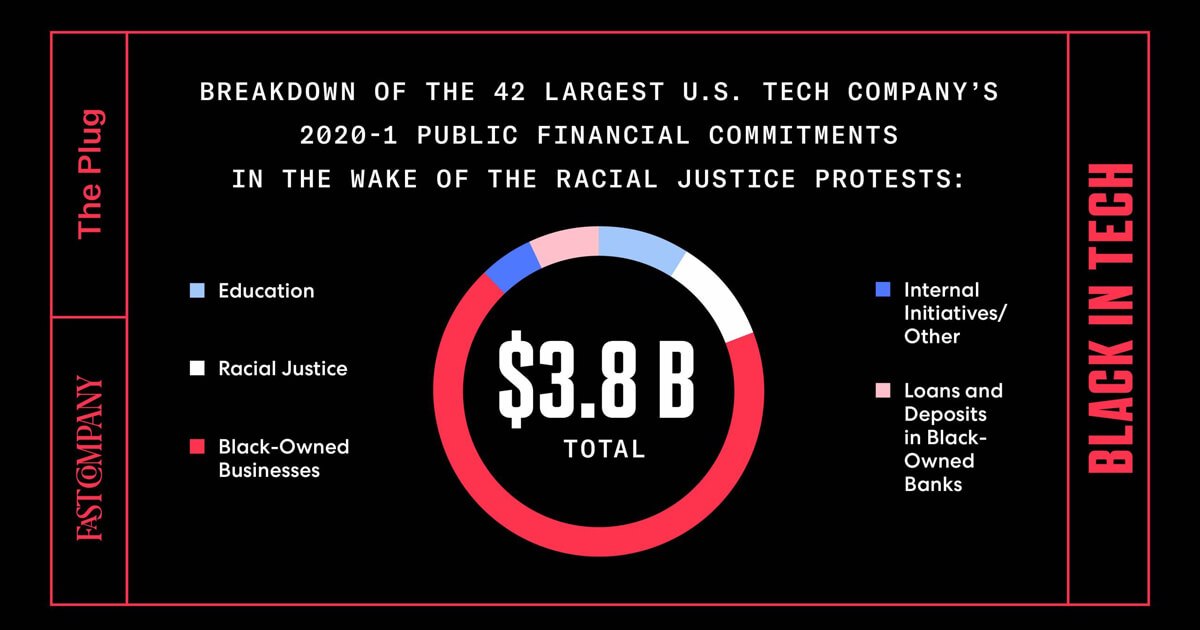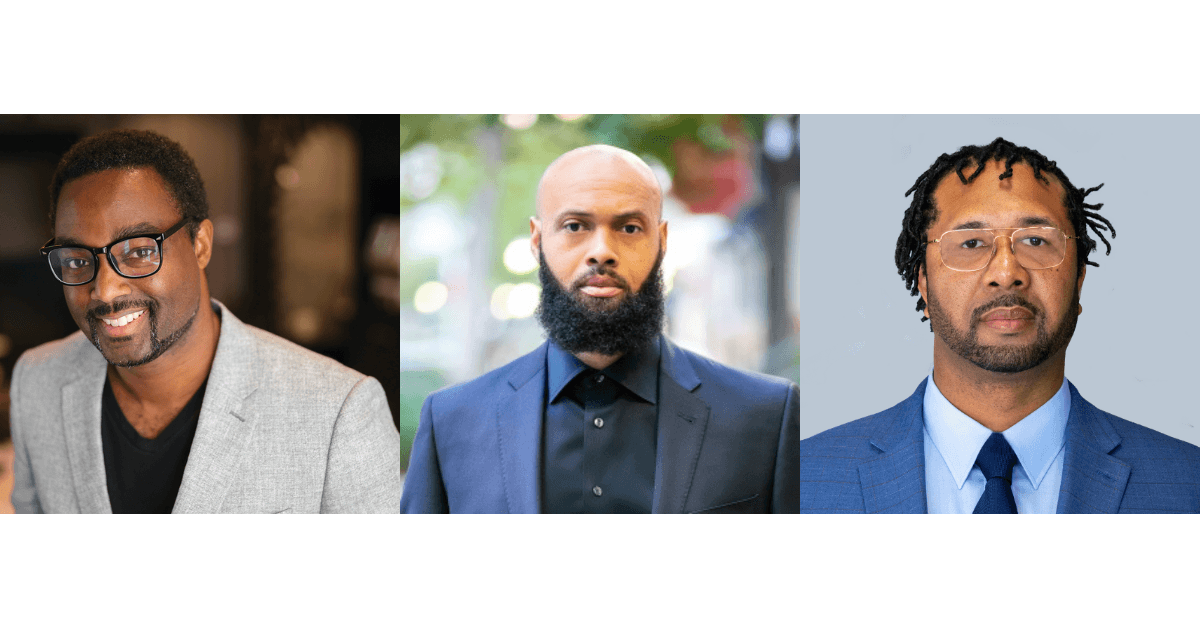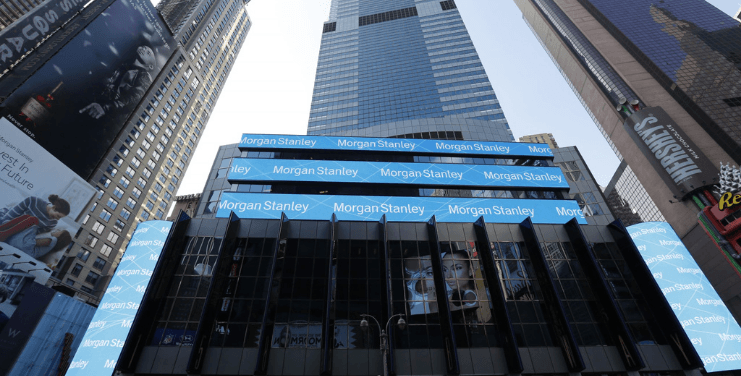I’d stayed up 36 full hours scraping data across my Twitter timeline as protests erupted across the country following the murder of George Floyd last year. This wasn’t the first time the world had witnessed a Black man being murdered by a police officer, and unfortunately, it would prove to not be the last. But something strange happened when I opened the app on my phone and began seeing an outpouring of rage and support from tech CEOs (mostly white and male) as they denounced police brutality and proclaimed that Black lives do indeed matter.
Six years ago, and just under 600 miles from the birthplace of George Floyd, a young Michael Brown was murdered in Ferguson, Missouri. While #BlackTwitter and influential activists documented the moment with their voices and on-the-ground coverage, the timeline of powerful tech and business CEOs remained mum. I watched the explosion of news coverage from my desk during a late night at work at a startup I was working for at the time. We were asked to pause the marketing campaigns underway and sit on the sidelines of the conversation in silence. There was no discussion, no outrage, no leadership. Just deafening silence.
But this time was different, or at least it appeared to be. 36 hours later, we’d turned a Google spreadsheet into a comprehensive database of collected tech and business statements from CEOs. We’d cross-referenced these companies with their most recent diversity reports and Black representation within their workforce and across their boards. And we tracked how much money each said they were planning to commit to organizations directly and in the future to help soften the blows dealt to Black America across the economy, in the workforce, in education, and all facades of life.
The response to our reporting was more than anything we could have anticipated. Within a few short hours, and 600,000 views later, our data visualization and database caught wind. Companies from every stretch of the internet’s corners, executives calling me, and employees sharing internal memos via Signal helped us better understand how the climate at work was shifting the conversation. They felt they were being heard for the first time.
We learned that accessibility to the data mattered. And in short order, gave us a small tool to help us enforce accountability. It felt like a mark of the end of “diversity theatre” and using Black tokenism to win public approval through the optics of “chief diversity” hires. But for so many of us, we knew that though it was a temporary response to a long-time systemic issue, the moment felt fresh, and that change could be on the horizon—albeit our very real anticipation that it was only a matter of time before business would return to usual.
One year later, we’re examining who has stayed and who has silently returned to the status quo.
When Fast Company approached us with the idea to do a deep dive into where the data stands today, one year following George Floyd’s murder, the recent conviction of Derek Chauvin, and several new initiatives that were promised to Black America, we were beyond ready to jump at the opportunity to keep the balance in play. Regular auditing of big tech, venture capital, and workforce development promises has to be at the center of how we evaluate the health of companies and their leadership.
See that project in action here. I, for one, hope we never stop.
—Sherrell Dorsey
Founder and CEO








